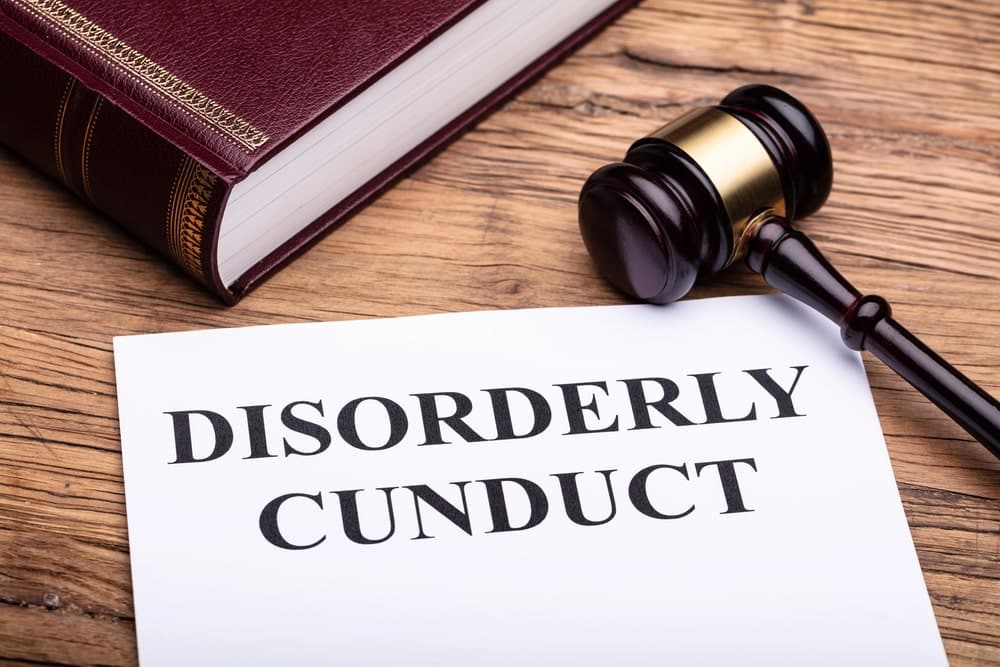Updated: January 10, 2025
Oftentimes, when someone allegedly commits a crime, that person may not be immediately arrested or given a summons to appear in court. This can be for a number of reasons. For example, no one may know that a crime was committed, or there is an investigation still pending to determine whether there is enough proof to charge someone with a crime. In 2018, a Maine man was sentenced for a murder the jury believed he committed back in 1980.
With such a large gap between the offense and his conviction, people may wonder how long do the police and the district attorney’s office have in order to prosecute you for a crime? The answer varies based on the type of crime and the particular circumstances of the case.
Call 207-571-8146 or contact us online to schedule a consult with one of our highly skilled criminal defense & OUI, DUI, DWI lawyers, serving Maine, today.
Table of Contents
What is Statute of Limitations?
Maine law, as per Title 17-A, §8, describes the time someone has to prosecute someone for a crime as the Statute of Limitations. In order to meet the deadline, the prosecution must file a criminal complaint, return an indictment, or file an Information (charging instrument) if an indictment is waived prior to the deadline.
Generally speaking, there are three groupings of crimes where the law sets deadlines for prosecution. The first category contains crimes where there is no deadline to file criminal charges.
These crimes include murder, and sexual contact and abuse where the victim was under the age of sixteen years old. The prosecution may file charges for these types of crimes at any time, no matter how many years have passed since the alleged criminal activity.
Classification of Crimes in Maine
The second grouping or classification of crimes are Class A, B, or C crimes. These are felony crimes in Maine, like Arson, Burglary, or Unlawful Trafficking in Scheduled Drugs. The prosecution must file charges on these types of crimes within six years after the crime was committed. One exception to this rule deals with sexual abuse and sexual contact crimes, which can be charged up to eight years after the offense was committed.
Misdemeanor Crimes
Finally, class D and E crimes, which are categorized as misdemeanors and include charges such as Operating Under the Influence (drunk driving), Domestic Violence Assault, and certain Theft, must be charged no later than three years after being committed. If the State seeks to bring charges outside this time frame, they will be prohibited by the statute of limitations from doing so.
Pauses to statute of limitations in Maine
Of course, there are always exceptions to the rule. For example, there are a couple of instances where the “timer” on the statute of limitations will “pause”, which effectively extends the deadline. The first instance is when the accused person is no longer in the state of Maine and cannot be located. However, there is a cap of five years on this exception.
For example, the State charges you with Operating Under the Influence six years after the alleged conduct occurred. Generally speaking, the prosecution missed their deadline. However, if they can show that you were out of the state for at least three years, they can still charge you with the crime.
The second instance is when you have a criminal charge pending in court. While this may seem confusing, given that this article pertains to when the State of Maine can prosecute you for a crime, consider this example. You are formally charged with Arson one year after you allegedly burned down a building. Your case is in court for two years before the State dismisses the case prior to a trial, because they could not find the original witness to testify against you.
Four years go by, and they charge you with the same Arson, because they found the witness. Seven years have elapsed since you allegedly burned the building down. However, because your case was in court for two years, the timer to file a charge for the crime stopped for two years.
This means that the prosecution met the six-year deadline, as the new charge will be considered filed five years after the conduct. Additionally, prosecutors have an additional six months to file a criminal charge if you were previously charged and the case was dismissed, even if the deadline would expire during that six-month period.
For example, if the State charged you with a misdemeanor right at the three-year deadline, and then dismissed it for a reason other than a plea deal, they would have another six months to charge you with the same conduct.
Charged with a crime after the statute of limitations expires
Finally, there remain two specific instances where the prosecution can charge you with a crime, even after the deadline has expired. The first is if you are charged with a crime involving a breach of fiduciary obligation. These types of crimes are financial in nature and are typically committed against the elderly or those who need assistance with their finances, and someone (you) is put in charge of those finances.
If either an alleged victim, or someone legally representing them, finds evidence of this type of financial crime, the prosecution may file criminal charges up to one year after the discovery of the alleged crime, even if the alleged crime happened outside the statute of limitations.
The second type of crime is one involving official misconduct by a public official. For example, a city councilor is accused of embezzlement by stealing money from their city. This type of crime can be charged at any point while the person is still in office, or two years after they leave office, as long as it does not extend the overall deadline by more than five years.
Contact The Maine Criminal Defense Group
The laws and rules dealing with the statute of limitations can be complicated, so it is important to have an attorney by your side to determine whether the State should be allowed to charge you with a crime. If you have been charged with a crime, contact The Maine Criminal Defense Group immediately for a consultation. Call us at (207) 571-8146 or contact us directly online.
Call 207-571-8146 or contact us online to schedule a consult with one of our highly skilled criminal defense & OUI, DUI, DWI lawyers, serving Maine, today.
Blog Posts

If you are charged with a crime in Maine, going to trial is just one of the possible outcomes. In fact, around 90 percent of criminal cases in Maine are[...]

Defendants in criminal cases typically have four options for resolving their case if the charges are not dismissed: Plea negotiation, where the defendant agrees to plead guilty (or no contest)[...]

Many people are unaware that it is a criminal offense in Maine to make a false report of an emergency that causes public alarm. Even those who are aware of[...]

A criminal conviction usually appears on criminal records for life in Maine, potentially impacting the individual’s employment, education, travel, housing, immigration status, and more. However, certain low-level misdemeanor convictions can[...]

The legal term for sentencing a convicted criminal is not required to serve is called a suspended sentence. A suspended sentence is handed down during the sentencing portion following a[...]

If you receive a traffic ticket in Maine, you may be facing far more than demerit points or an administrative penalty. You could be facing criminal sanctions and a permanent[...]

In Maine, disorderly conduct laws effectively make disturbing the peace a criminal offense. While disorderly conduct is considered one of the least serious offenses under Maine’s Criminal Statutes, it can[...]

Any criminal charge for a drug-related offense is a serious matter in Maine,but how consequential the outcomes can get may depend on whether the charge is filed at the state[...]


Self-defense laws in the U.S. are complex, vary from state to state, and are often misunderstood. “Stand your ground” laws allow an individual to use deadly force in self-defense in[...]
